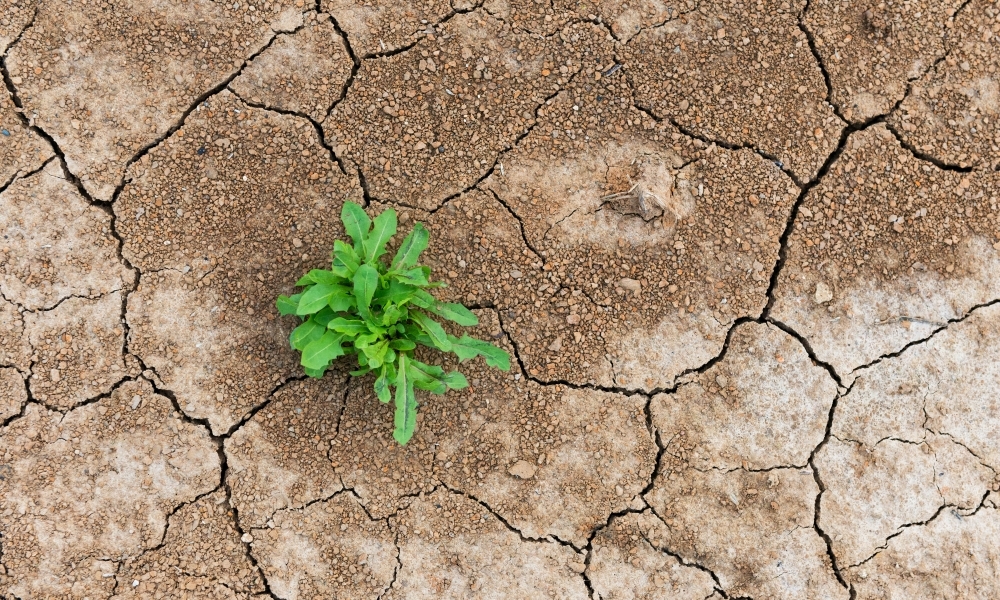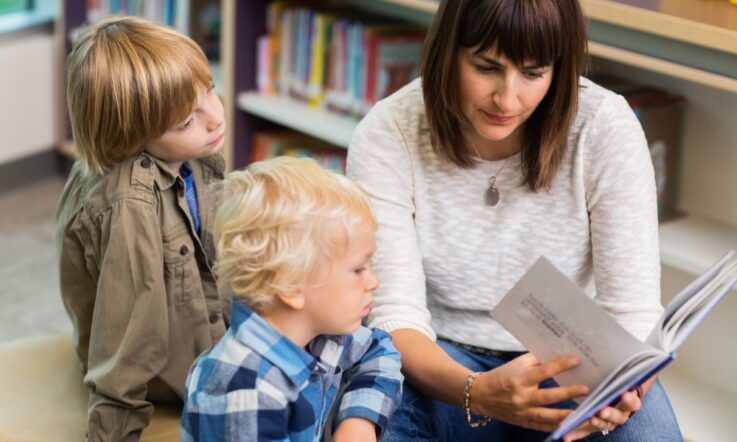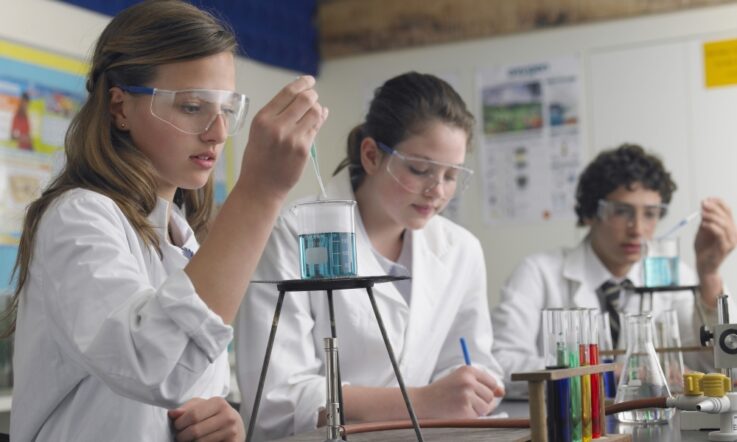Welcome to this month's edition of Researching education: Five further readings. In this series, we take a look at some further readings available on a particular topic, including open access research papers from various online databases, and Teacher archive content you might not have come across yet.
In this edition of five further readings, we share five resources all on the topic of student resilience. The first is this new analysis from the most recent PISA (Programme for International Student Assessment) cycle in 2018, prepared by Teacher columnist Dr Sue Thomson.
- PISA 2018: Australia in Focus Number 1: Academic resilience among Australian students. This report sheds light on academic resilience among Australian students and explores the relationship between academic resilience, students’ attitudes and dispositions, and growth mindset. ‘Academically resilient students are defined for this report as those students who, despite being socioeconomically disadvantaged relative to other students in their country, performed particularly well in the PISA 2018 Reading literacy assessment,’ it explains.
- Perceptions and experiences of belonging during the transition from primary to secondary school. This 2020 paper highlights some findings from a longitudinal study looking at the factors that contribute to educational resilience during the transition from primary to secondary school. The theme of belonging was one to emerge from the interviews researchers conducted with Year 6 students. This paper delves into this theme of belonging and discusses implications for practice.
- Bounce Back! A positive education approach enhancing wellbeing, resilience and social-emotional learning in the primary years. In this article, educators and educational psychologists, Professor Toni Noble and Professor Helen McGrath, discuss the Bounce Back program they co-authored. The program is designed for primary school-aged children and seeks to support teachers to promote resilience. In the article, they share the benefits of social and emotional learning (SEL) and strategies for teaching SEL.
- Coronavirus and the class of 2020: how a pandemic upended Year 12 and their futures. This report from Year13, an organisation seeking to assist students navigating the transition to life beyond school, shares findings from a national survey conducted of over 2000 young people aged 16 to 18. The survey asked respondents about their experience of completing Year 12 in 2020 during the COVID-19 pandemic. Results show that 67 per cent of students say remote learning had worsened their school performance, 70 per cent say their post-school plans have changed, and 80 per cent are worried it will be more difficult to find a job. Almost four in five (79 per cent) say their mental health had been negatively impacted from the COVID-19 pandemic.
- Resilience classroom resources. ReachOut, an online mental health service for young people in Australia, have developed a range of classroom resources for classroom teachers. One resource is on the topic of bouncing back, and another is focused on understanding fixed and growth mindset, particularly, on students’ understanding of failure.
The first two resources featured in this article can be found through Cunningham Library Catalogue and EdResearch Online. At the links below, you can search for more resources on the topic of resilience in these two online databases.
The Cunningham Library membership is open to individuals, schools and organisations. Membership includes access to a comprehensive collection of education research literature; weekday alerts to a selection of Australian education news; fast supply of articles and books from the collection; support in finding research; and an integrated online search tool that works across all our resources.
To become a library member, visit the website.



